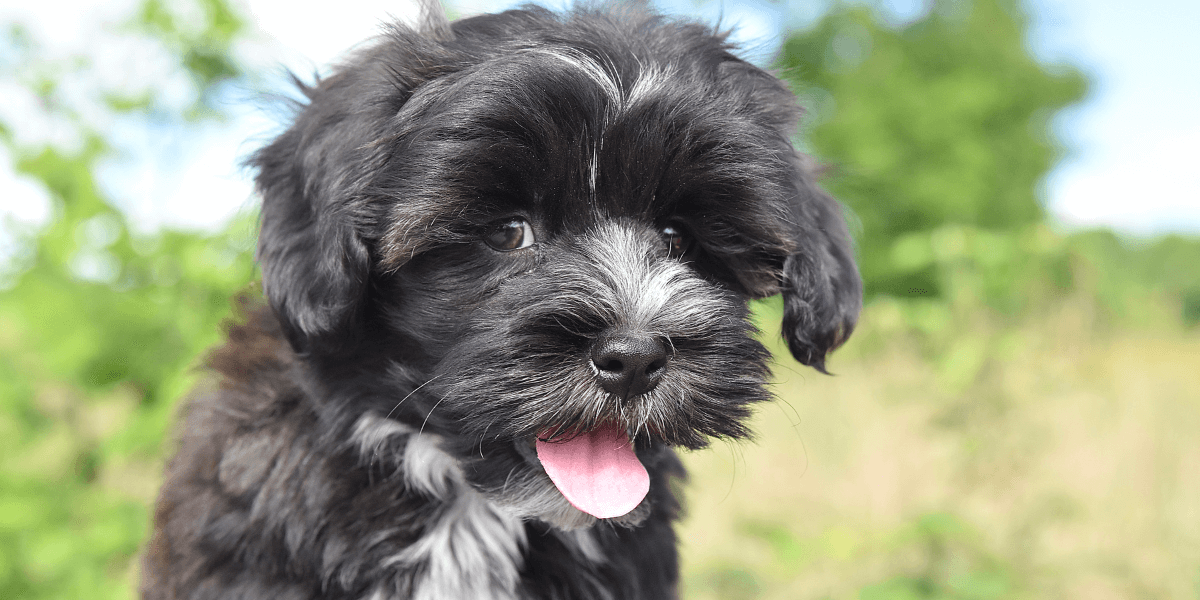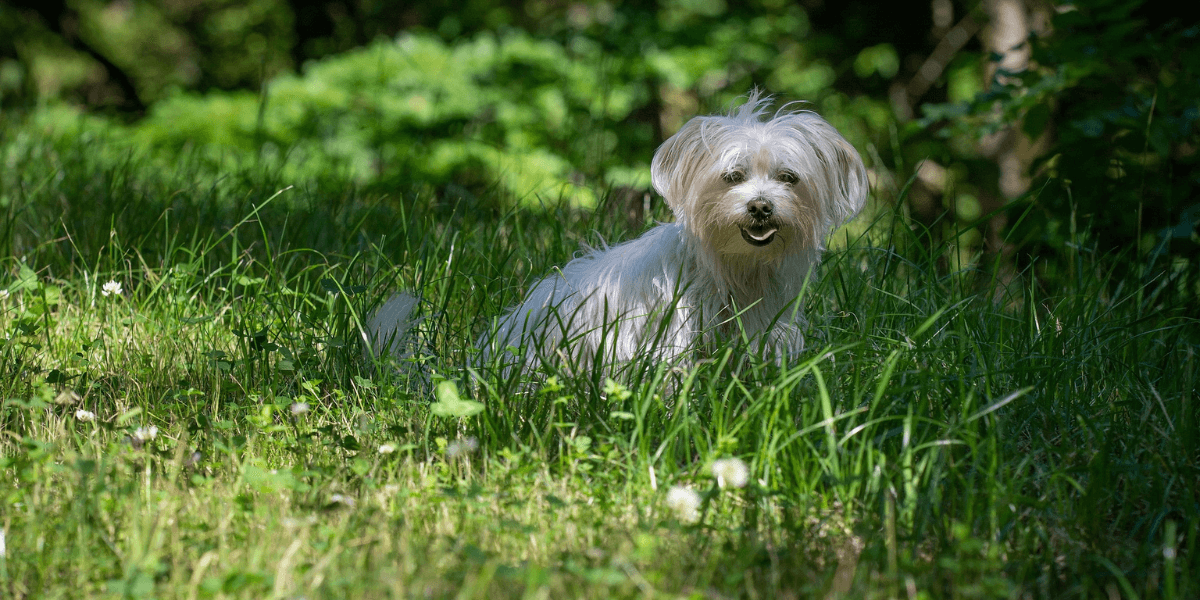Introduction
Havanese thrive on the Best Diet for Havanese, rich in essential nutrients and balance.
- Providing the right food ensures they maintain a healthy weight and coat
- Their small size requires portion control to avoid overfeeding and obesity
- High-quality protein sources are vital for muscle development and energy levels
- Carbohydrates provide energy, while fats are crucial for skin and coat health
- Avoiding artificial ingredients ensures better digestion and fewer allergies
1. High-Quality Protein Sources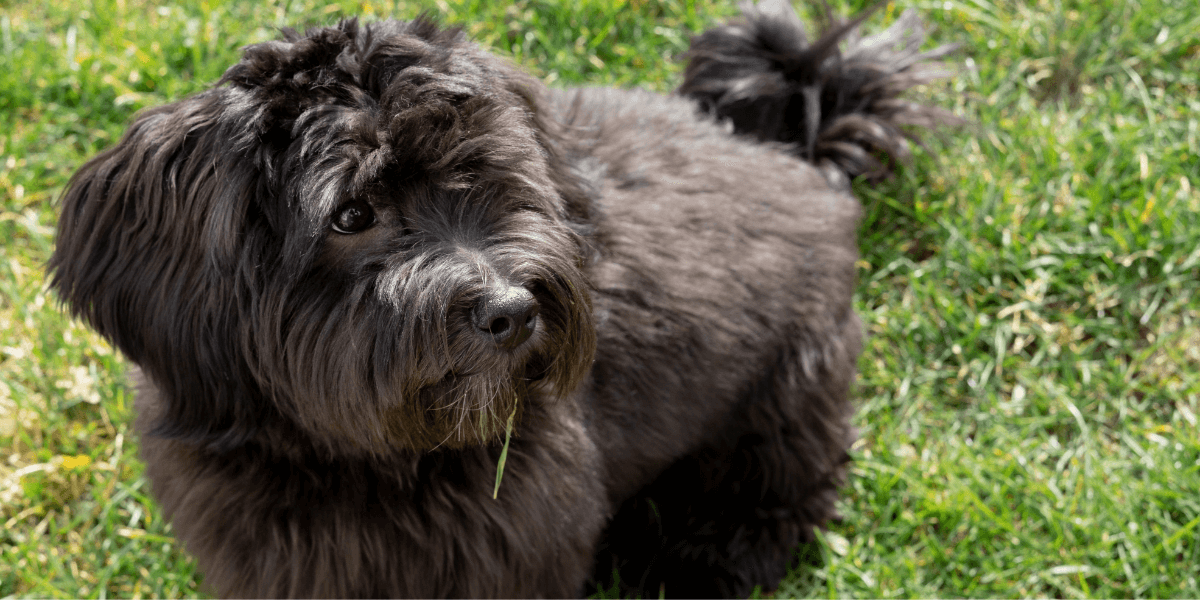
Providing high-quality protein is essential for muscle development and growth.
- Chicken: Offers lean protein that helps in building strong muscles
- Beef: Provides a rich source of protein and essential amino acids
- Fish: Contains omega-3 fatty acids, promoting skin and coat health
- Eggs: Packed with protein and vitamins to support overall health
- Turkey: A lean protein that helps in maintaining muscle mass
- Lamb: A great alternative for dogs with sensitivities to common proteins
- Quinoa: A plant-based protein source, perfect for supplementing meals
2. Carbohydrates for Energy
Carbohydrates fuel your Havanese’s energy levels and should be balanced.
- Sweet potatoes: Offer fiber and vitamins for digestive health and energy
- Brown rice: A gentle carb source, aiding in digestion and boosting energy
- Oats: A low-gluten option that supports the dog’s energy and digestion
- Barley: Contains fiber, helping in proper digestion and maintaining energy
- Pumpkin: Provides fiber and supports gut health while offering energy
- Peas: High in fiber and protein, peas boost your dog’s overall energy
- Quinoa: A gluten-free grain that provides sustained energy throughout the day
3. Healthy Fats for Skin and Coat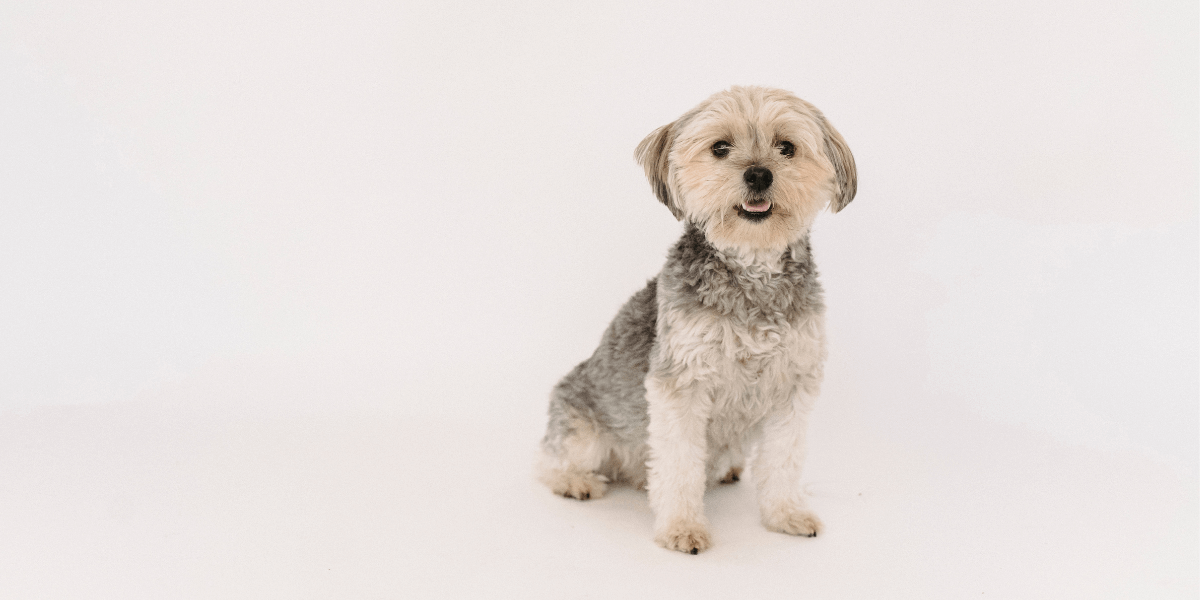
Healthy fats are vital for a shiny coat and optimal skin health in Havanese.
- Salmon oil: Rich in omega-3s, it promotes a shiny coat and healthy skin
- Flaxseed oil: Provides essential fatty acids for skin health and moisture
- Coconut oil: Moisturizes the coat and improves overall skin conditions
- Chicken fat: Contains linoleic acid, essential for maintaining coat health
- Olive oil: Promotes shiny coat and joint health, perfect for the Best Diet for Havanese
- Fish oil: Packed with omega-3 fatty acids for coat health and cognitive function
- Sunflower oil: Provides essential fatty acids, improving the dog’s skin barrier
4. Essential Vitamins and Minerals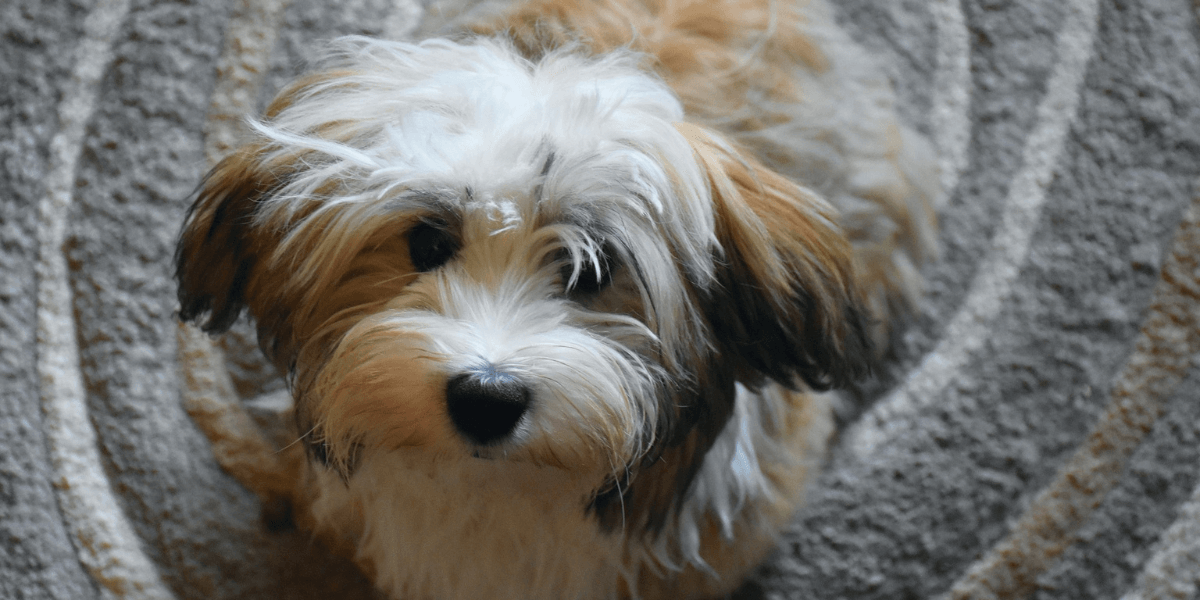
Vitamins and minerals play a key role in keeping your Havanese healthy and strong.
- Calcium: Strengthens bones and teeth, critical for a small breed like Havanese
- Vitamin A: Supports vision and boosts immune system functions naturally
- Vitamin E: An antioxidant that helps in skin health and overall immune function
- Zinc: Plays a role in skin repair, immune support, and healthy coat growth
- Iron: Essential for red blood cell production and preventing anemia in dogs
- Vitamin B: Improves metabolism and helps in converting food into energy
- Magnesium: Aids muscle function and improves your dog’s overall health
Ensure your Havanese's health by providing essential vitamins and minerals; learn more about optimal nutrition.
5. Choosing the Right Commercial Dog Food
Selecting commercial dog food is convenient but must meet nutritional needs.
- Grain-free formulas: Ideal for dogs with sensitivities to wheat and grains
- Limited ingredient diet: Helps prevent allergies by reducing excess ingredients
- High-protein formulas: Essential for maintaining your Havanese’s muscle mass
- Small breed formulas: Ensure portion control and balanced nutrients
- Fresh food options: Offer whole, minimally processed meals for your dog
- Freeze-dried meals: Retain nutrients and are easy to prepare without additives
- Wet food options: Provide hydration and are more palatable for picky eaters
6. Foods to Avoid
Avoiding harmful foods is key to protecting your Havanese from health issues.
- Chocolate: Contains theobromine, toxic and harmful to your dog’s heart
- Onions: Can cause anemia by destroying red blood cells in dogs
- Garlic: Even small amounts can be toxic, leading to serious health issues
- Grapes and raisins: Linked to kidney failure and should never be fed to dogs
- Avocados: Contain persin, which can lead to gastrointestinal upset in dogs
- Alcohol: Highly toxic and can result in organ failure, never offer alcohol
- Xylitol: Found in sugar-free products and can lead to hypoglycemia and death
Protect your Havanese by avoiding harmful foods; discover common health issues every owner should know.
7. Home-Cooked Meals and Supplements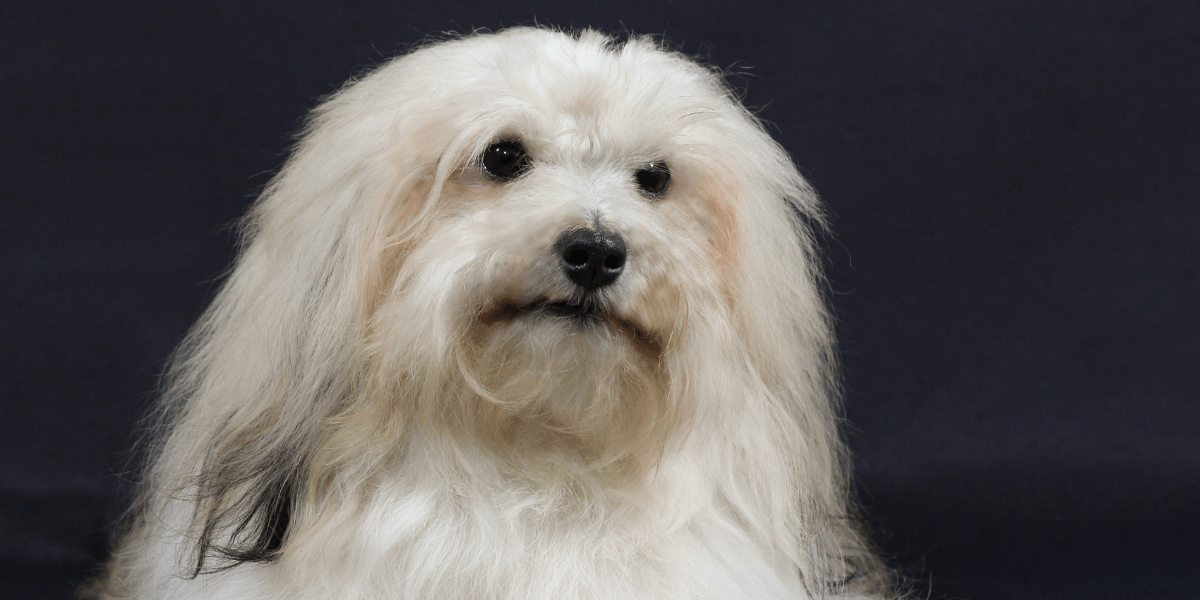
Home-cooked meals give control over your dog’s diet but need to be balanced.
- Chicken and rice: A classic, simple meal that’s easy to digest and nutrient-rich
- Turkey and vegetables: A balanced mix of lean protein and vitamins for health
- Beef and quinoa: Offers lean protein and fiber for digestive support
- Fish and sweet potatoes: Provides omega-3s and energy for overall wellness
- Calcium supplements: Ensure proper bone health in small dogs like Havanese
- Multivitamin supplements: Offer essential nutrients missing in daily meals
- Probiotics: Support gut health, improving digestion and overall wellbeing
Craft balanced home-cooked meals for your Havanese; explore top tips for raising a healthy companion.
FAQs
1. What should I feed my Havanese for a shiny coat?
- Fish oil, salmon, and flaxseed oil are excellent for promoting a shiny coat
2. How much should I feed my Havanese to follow the Best Diet for Havanese?
- Portion sizes depend on weight and activity level, so avoid overfeeding your dog
3. Can Havanese eat grains?
- Yes, unless they have allergies, grains like oats and rice are digestible
4. Should I choose grain-free food for my Havanese?
- If your dog has grain allergies, grain-free formulas are a good option
5. Can I feed my Havanese homemade meals?
- Yes, but balance nutrients with lean proteins, carbs, and supplements
6. Is wet food or dry food better for Havanese?
- Both have benefits, wet food provides hydration and dry food supports teeth
7. Are supplements necessary for a Havanese diet?
-
Supplements like calcium and probiotics can boost overall health if needed
Conclusion
- Providing the best diet for Havanese is crucial for their overall health
- Ensure the best diet for Havanese includes high-quality proteins, fats, and vitamins
- Avoid harmful foods like chocolate, onions, and grapes for safety
- Consider adding supplements if your dog has special dietary needs
- Monitor your dog’s weight to prevent obesity and associated health risks
- Consult with your vet before making any major nutritional changes
Enjoyed the article? Share it with others and leave a comment with your thoughts!
References
For more info on the Best Diet for Havanese, check out these resources:


